Was ever a word so misused as “sustainable”? “Healthy” comes close, and indeed the two are often bandied around together, in trite “good for you, good for the planet” taglines that often appear on foods which are anything but. The question of what we should eat to help combat climate change and environmental degradation has never been more important – nor so confusing. In July, the government will publish its National Food Strategy, based on a year-long independent review, which should shed some light on the matter. In the meantime, there are some foods which, with caveats, you can scoff with a clear conscience.
“Good eating starts at home, and one of the most important things we can do for the future of the planet is to minimise food miles – so our staples should be foods that can grow perfectly well in this country,” advises Patrick Holden, chief executive of the Sustainable Food Trust. Another basic principle is to do your best to understand the story behind what you’re eating – be it plant or animal: “If you know who produced your food, they are accountable to you, and more likely to care.”
Grass-fed beef and lamb
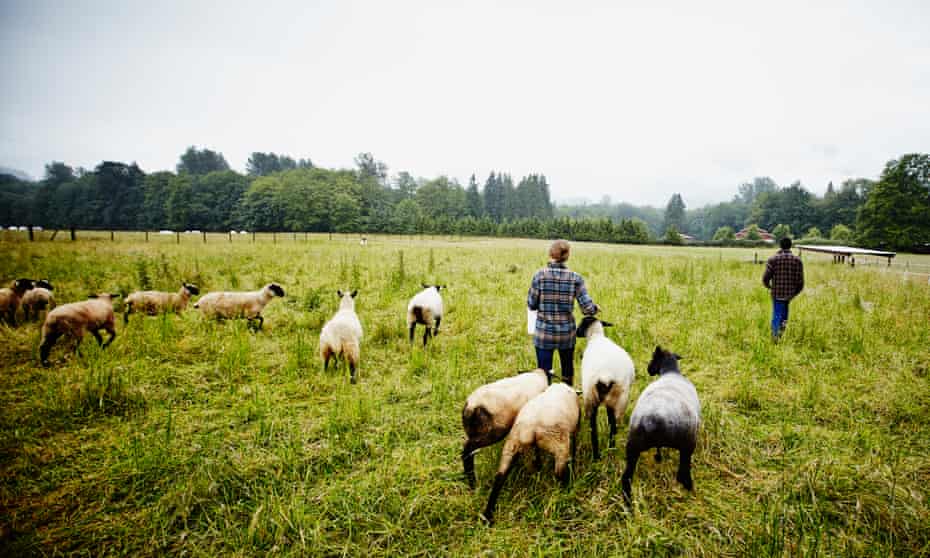
These meats are the most controversial, complex and heavily caveated inclusion in this list, but Holden, one of the earliest proponents of regenerative agriculture (which involves rearing livestock within a mixed farming system in order to restore organic matter – and with it, carbon – to the soil) makes a case for eating them. Soil is an invaluable carbon sink; yet the separation of crops and livestock farming has left half of the country dependent on artificial fertilisers, the application of which “reduces organic matter and microbial diversity”, he says, resulting in the leaching of carbon. By rotating livestock with crops (as was done for centuries before the intensification of agriculture), farmers can “build soil carbon and so offset livestock emissions” – and make the most of grass, a plant we can’t eat, but which grows in abundance in the UK.
Consumed in moderation, red meat is highly nutritious and also increases the bioavailability of nutrients in plant foods. “There is a good reason humans have coevolved alongside animals which eat grass,” says Carolyn Steel, author of Sitopia: How Food Can Save the World. “Grass is rich in nutrients, but we can’t digest it. So we eat animals that can.”
Oats
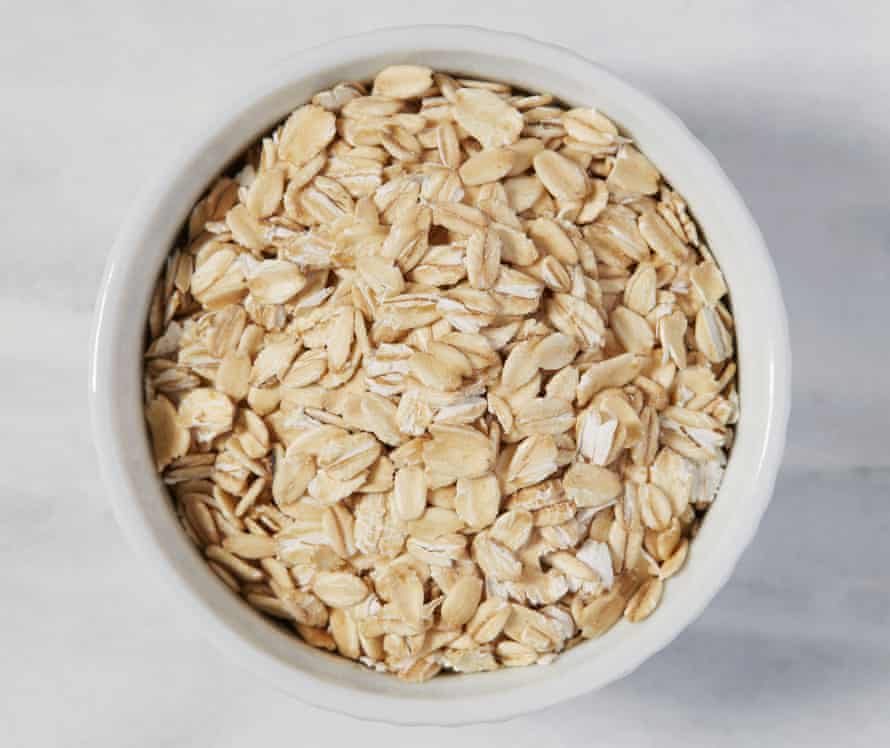
The case for eating oats is strong – although they are not the silver bullet of sustainability they’re sometimes claimed to be. They aren’t, for instance, a nutritional replacement for dairy, and can be as damaging as any other monoculture crop if grown intensively. But if they are “grown without artificial chemicals, in a way that is friendly to the ecosystem”, eating them should be encouraged, says Tim Lang, professor of food policy at City, University of London. “They can be grown at high altitudes and are a good ‘break crop’” – that is, a crop that can be sown in between harvests to replenish the soil. Being well suited to the British climate they can, and should, replace the imported American maize we often eat for breakfast.
Locally grown vegetables (fresh, fermented or pickled)
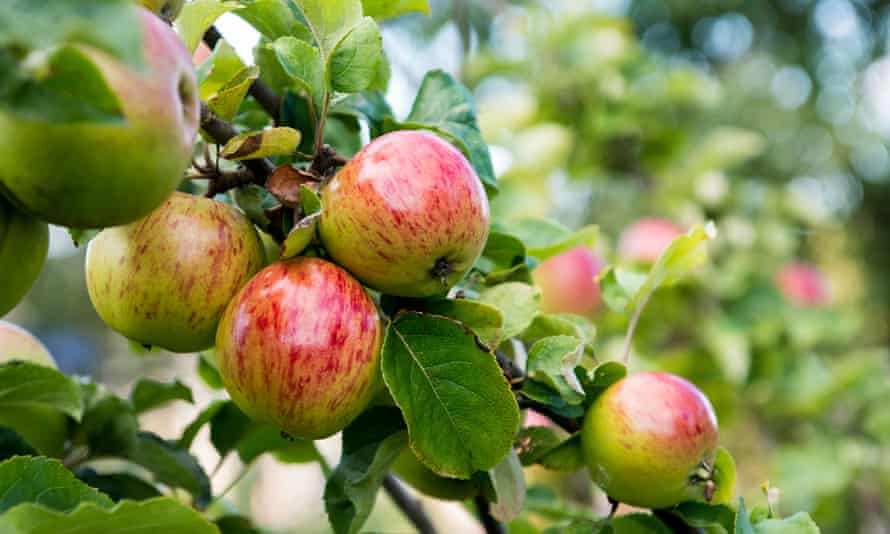
“Britain grows about 50% of all vegetables it consumes, and 16% of all fruit. We should be growing double that,” says Lang. We talk a lot about agriculture, “but it is horticulture we have to increase and invest in – and education as to what seasonality means”. Strawberries grown in heated plastic tunnels in February are not the answer; a mix of fresh, seasonal produce, and produce preserved from previous seasons, is. Look for the shortest supply chain possible: the weight and water content of fruit and veg makes transport highly inefficient. If you can’t grow your own, seek out your local farmers’ market, vegetable-box scheme or community garden; and if you must buy from supermarkets, try not to buy out of season. “The reason supermarkets import apples from New Zealand is because people want to eat them all year round,” says Steele. “If we were to eat seasonally, there’d be space for more local, heritage varieties.”
Mussels and other bivalves
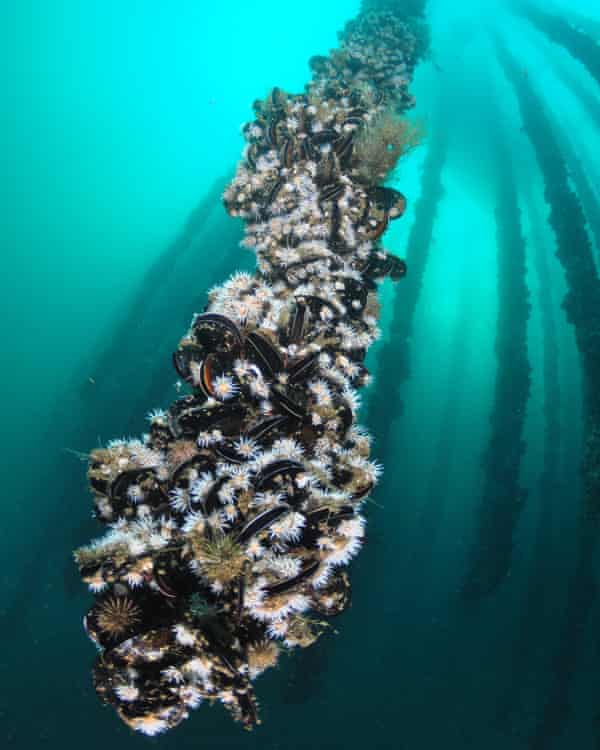
Nutrient-dense and adept at sequestering carbon and purifying seawater, bivalves are up there with seaweed when it comes to sustainability points. These molluscs – oysters, mussels, clams and scallops – thrive on microscopic organic matter, including agricultural runoff; so their cultivation transforms waste into carbon storage and delicious food. Wild mussel fisheries also “create microhabitats for fish and other small invertebrates”, says Katie Keay, the Marine Stewardship Council’s senior fisheries outreach manager. Farming mussels is simply a question of lowering ropes into the sea, says mussel fisher Kenny Pottinger. “They attach themselves to the ropes. You don’t have to feed them. You come back in two and a half years and then harvest them. Nature sustains itself.”
Pulses
Like red meat, pulses are a nutrient-dense food, says Josiah Meldrum of East Anglian producer Hodmedod. “So if we move to the kind of farming system where we are using livestock in a crop rotation, they can supplement the protein from meat, where there is a limit to the amount we can and should be producing.” Then there’s their ability to self-fertilise the soil, through root nodules containing bacteria which convert atmospheric nitrogen into ammonia. “This means that, even if they aren’t grown organically, legumes don’t need any artificial fertiliser, which degrades the soil,” says Meldrum, while the nodules also increase organic matter within the soil by feeding microbial life which, when it dies, “ensures carbon is locked in”. Although Hodmedod sells UK-grown dried pulses, many beans and lentils in shops are imported.
Seaweed
If any plant is worthy of the term “superfood”, it’s seaweed – as much for its environmental benefits as its potent nutritional properties. Like any plant, seaweed absorbs carbon dioxide, but it can also reduce the acidification of the ocean, enabling microorganisms and sea life to flourish. It also “relies on nitrogen and phosphate to grow, so there is potential to grow seaweed in areas where there is agricultural runoff … and convert those pollutants intro nutrients”, says Prof Michele Stanley, associate director for science, enterprise and innovation at the Scottish Association for Marine Science.
Venison
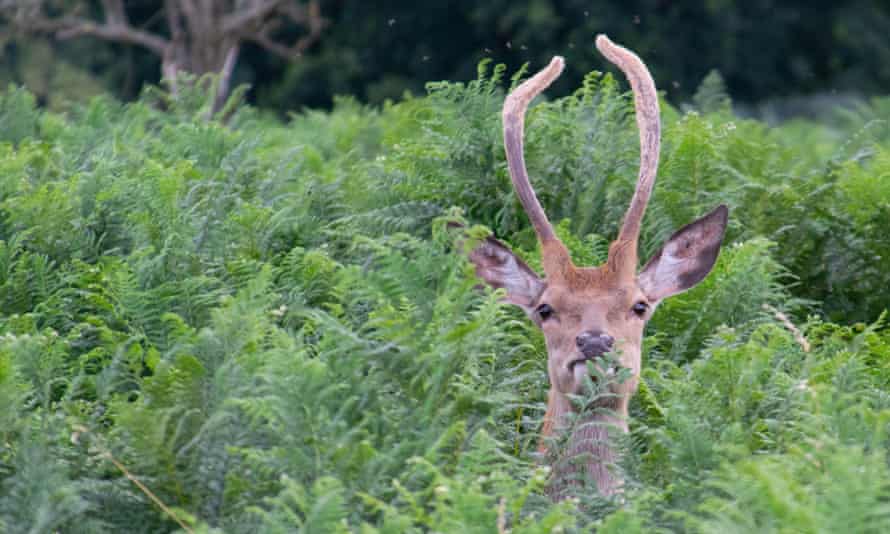
Venison is a great example of nutrient-rich meat produced from the grass and foraged plants and trees that humans cannot utilise. It is also in abundant supply as, with predators no longer at large in the UK, deer populations are routinely culled so that they don’t outstrip the supply of wild vegetation, and encroach on farmland.
‘Waste’ food
If, as a planet, we stopped wasting food altogether, we’d eliminate 8% of our total emissions – so one easy way to eat for the planet would be to tackle that, Steel points out. That could be through preserving and making stock from meat and fish bones – but it could also be as simple as eating as much of a fruit or vegetable as possible. “The skin, the seeds, the leaves – these are where the phytonutrients are,” she says, citing Nigella’s banana skin curry as an example. Supporting companies which are repurposing waste – surplus bread into beer, surplus fruit into condiments and chutneys – is another easy win.
from Lifestyle | The Guardian https://ift.tt/3hfP13g
via IFTTT

comment 0 Comment
more_vert